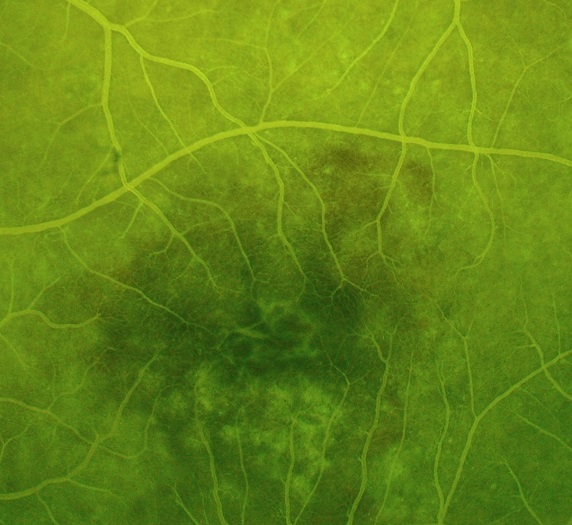Role of intestinal microbiome in the pathogenesis of age-related macular degeneration
Medical hypothesis, discovery & innovation in optometry,
Vol. 1 No. 1 (2020),
31 August 2020
,
Page 29-36
https://doi.org/10.51329/mehdioptometry105
Abstract
Background: The microbiome is strongly linked to many extra-intestinal disorders. Gut commensal microbiota, in particular, plays an active role in human immune and intestinal homeostasis. Complex interactions of the microbiota with host genetics and other underlying factors lead to intestinal dysbiosis, which is thought to be linked to ocular inflammatory diseases. Thus, the aim of this review is to analyze the role of intestinal microbiome in age-related macular degeneration (AMD).Methods: A thorough literature search was performed using PubMed/MEDLINE, limited to English language publications, from January 2004 to March 2020. An additional search was made employing Google Scholar to complete the collected data as per the above-mentioned time-line and language limitations. The main keywords used included age-related macular degeneration, microbiome, dysbiosis, autoimmunity, gut microbiota, epigenetics, immune-mediated inflammatory diseases, and gut-retina axis.
Results: Recent studies have proposed the role of intestinal microbiota in the pathogenesis of AMD. Changes in the microbiome have been shown to trigger several ocular inflammatory processes. There is increasing evidence demonstrating that intestinal microbial imbalance may play an important role in the pathogenesis of AMD.
Conclusions: This review summarizes how alterations in the intestinal microbiota can be associated with the pathogenesis of AMD and how new therapeutic modalities can be designed to target this microbiome to limit the severe nature of this disease. Future advances in microbiome research may unveil a new era in understanding and managing AMD.
Keywords:
- AMD
- age-related macular degeneration
- gastrointestinal microbiome
- gut microbiome
- gut flora
- dysbiosis
- optometry
- ophthalmology
- gut
- retina

- Abstract Viewed: 411 times
- Full Text PDF Downloaded: 0 times